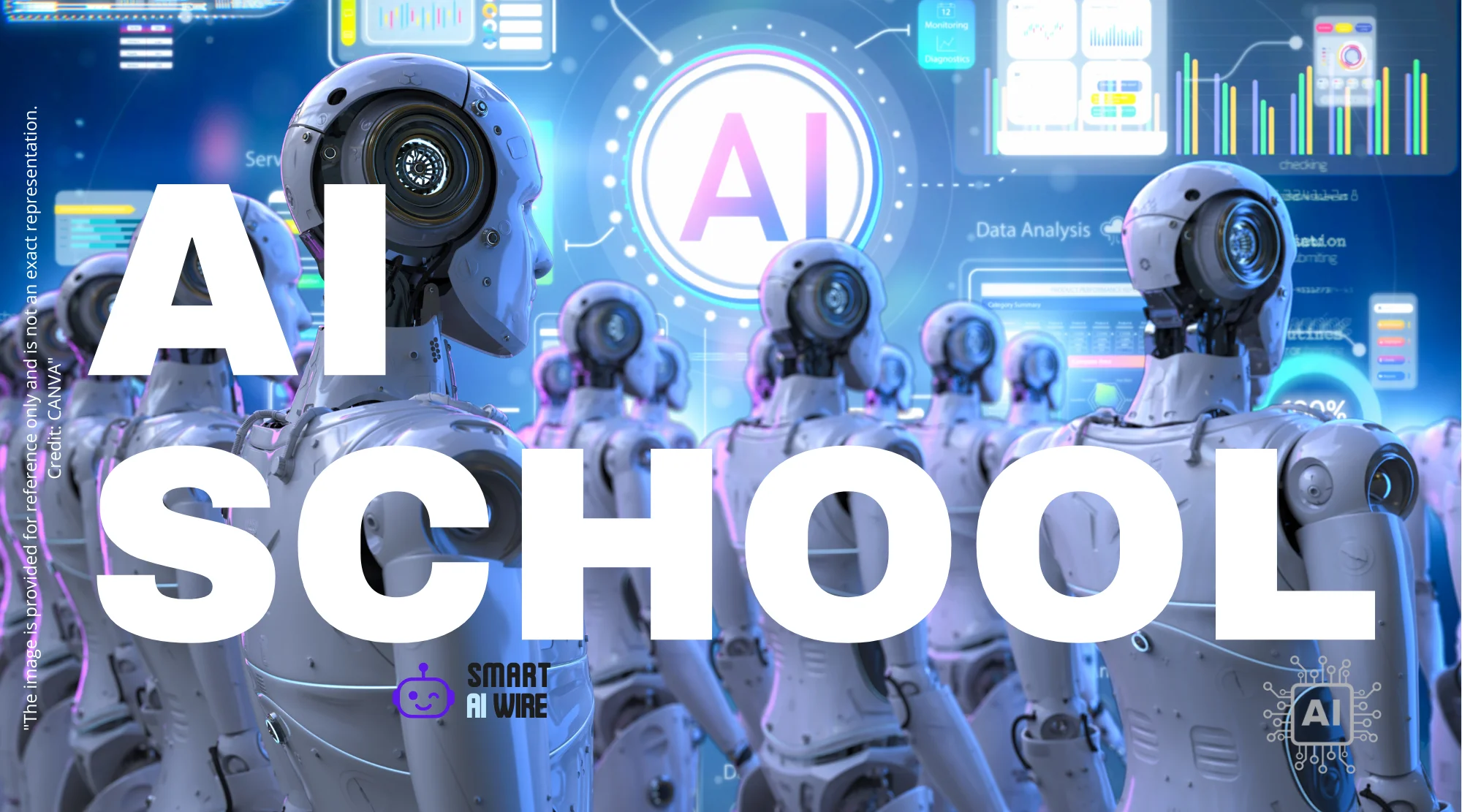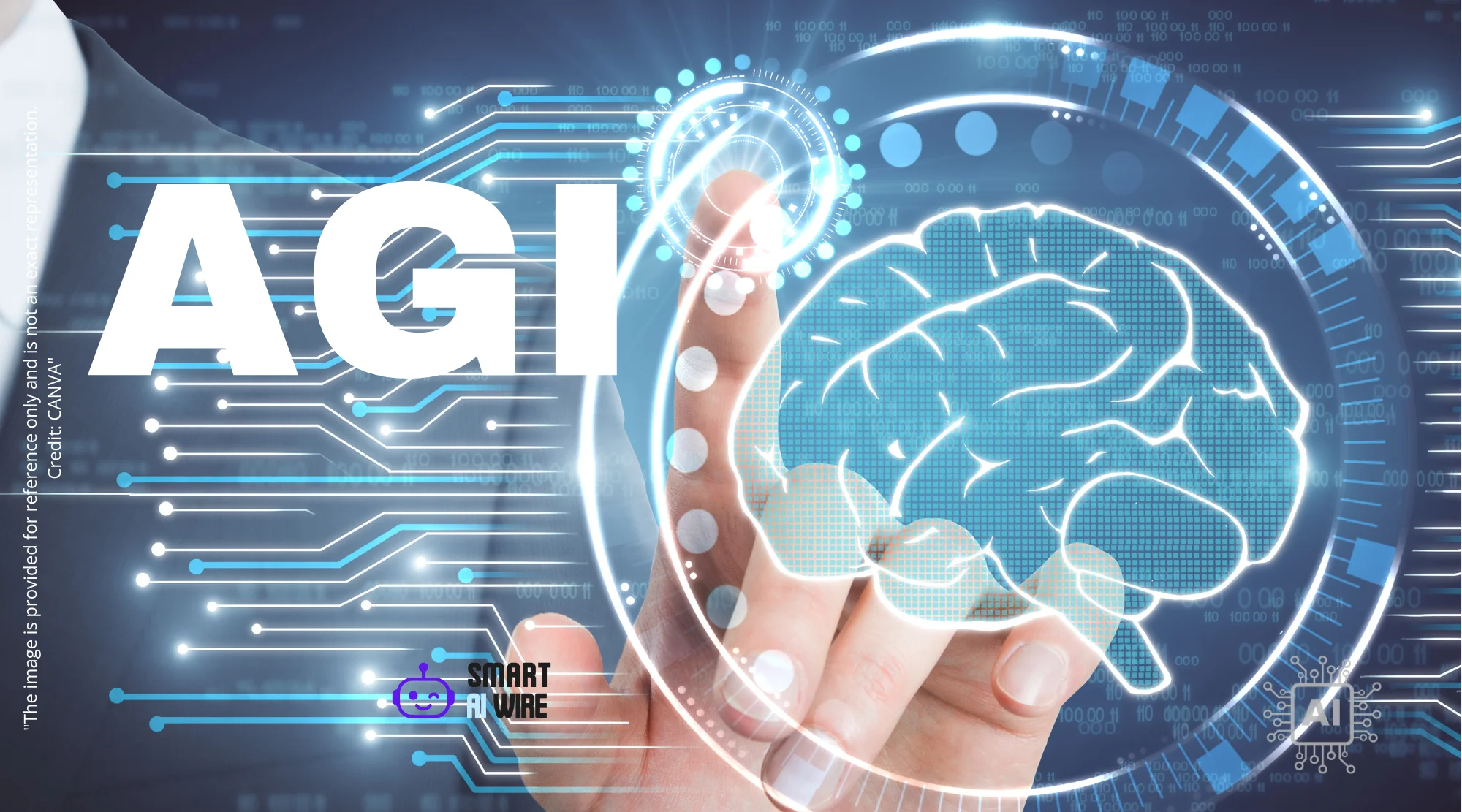The rise of artificial intelligence (AI) is reshaping industries and prompting anxieties about job displacement. However, some fields remain firmly in the human domain. Experts like Bill Gates highlight specific areas where human skills are irreplaceable, emphasizing the enduring value of human expertise in a rapidly evolving technological landscape. What are these critical areas where humans will continue to thrive amidst the AI revolution?
According to Bill Gates, three key areas will continue to demand human expertise: programming, biology, and energy. Despite AI advancements, these fields require unique skills that algorithms can’t fully replicate.
The Enduring Role of Humans in the Age of Artificial Intelligence
The increasing prevalence of artificial intelligence in the workplace has understandably sparked concerns about the future of many jobs. But, according to Bill Gates, certain fields will always require the nuanced abilities that only humans possess. In his view, programming, biology, and energy are three such areas.

In his blog, GatesNotes, the philanthropist stated that if he were choosing a career today, he wouldn’t hesitate to pursue one of these three disciplines. He believes that, regardless of automation’s progress, these domains need capabilities that algorithms cannot entirely replicate.
Why Programming Still Needs Human Expertise
Gates views programming as an essential form of literacy. The development of software is the foundational language of strategic sectors, including communications, healthcare, and security.
While AI has made strides in code generation, Gates cautions that “even though AI can write code, it still needs expert human oversight to develop correctly.” The role of programmers goes beyond simply creating digital tools. It involves overseeing, correcting, and guiding algorithms, as well as integrating ethical values and detecting biases – tasks that autonomous systems cannot yet handle. Furthermore, AI tools like Github Copilot can increase programming speeds and efficiencies but must be implemented correctly by a competent programmer.
Consider the challenges in developing AI safety tools, as discussed in this article: AI Safety Tools: Navigating the Ethics of Content Moderation. Human judgment is crucial in defining and implementing ethical guidelines for AI.
Biology: The Science of Our Time
In the realm of biology, Gates emphasizes its pivotal role in contemporary scientific innovation. The rise of biotechnology, gene editing, and personalized medicine has unlocked new avenues for disease prevention and treatment.
Faced with medical challenges like pandemics or emerging chronic illnesses, human experience is irreplaceable. Gates describes biology as “the science of our time.” The analysis of living systems, the interpretation of biomedical data, and complex decision-making require a level of judgment that even the most advanced algorithms cannot replicate. Biologists’ expertise is crucial in managing health crises and designing personalized healthcare solutions, which we explore further in AI Personal Health Assistant: The Future of Personalized Healthcare. The complexities of drug discovery and development, for instance, require in-depth understanding and nuanced approaches that AI cannot fully provide.

The intersection of AI and biology also raises ethical questions, as discussed in this article from Nature: “Ethical oversight needed for global expansion of biomedical AI” https://www.nature.com/articles/s41591-023-02487-5. Human involvement is essential to ensuring responsible AI implementation in this field.
Energy: A Critical Sector for Sustainability
The energy sector has gained strategic importance amid the transition to clean energy sources and the fight against climate change. Gates highlights the importance of energy experts in developing technologies like carbon capture and green hydrogen.
These innovations demand professionals who can understand and redesign complex systems, anticipating their environmental impact. While AI contributes to optimizing energy processes, it cannot replace the creativity and human judgment needed to address sustainability challenges. As the AI energy crisis continues to grow, experts will need to collaborate to find solutions.
Innovation in energy not only addresses an environmental emergency but also creates ongoing job and scientific opportunities. Developing, interpreting, and adapting complex energy solutions require analytical skills that automation cannot fully replace. External link to the Department of Energy Website: https://www.energy.gov/
AI’s Impact on the Labor Market: Transformation, Not Replacement
A report by the International Labour Organization (ILO) and the National Research Institute of Poland (NASK), titled “Generative AI and Jobs: A Refined Global Index of Occupational Exposure,” estimates that one in four jobs worldwide is potentially exposed to generative AI.
However, the study indicates that task transformation, rather than complete substitution, will be the prevailing outcome. The analysis distinguishes between jobs with a high risk of automation and those that will evolve through function adaptation.
Administrative occupations are among the most exposed, while highly skilled professions like programming, biology, and energy demonstrate greater resilience. The analysis emphasizes that human intervention will remain crucial in activities that require judgment, creativity, and adaptability in unforeseen situations.
In conclusion, while AI undoubtedly brings transformative changes to the labor market, certain fields will continue to rely heavily on human expertise. Programming, biology, and energy are prime examples of areas where human skills are indispensable for innovation, ethical oversight, and complex problem-solving. This suggests a future where humans and AI collaborate, leveraging the strengths of both to drive progress.



